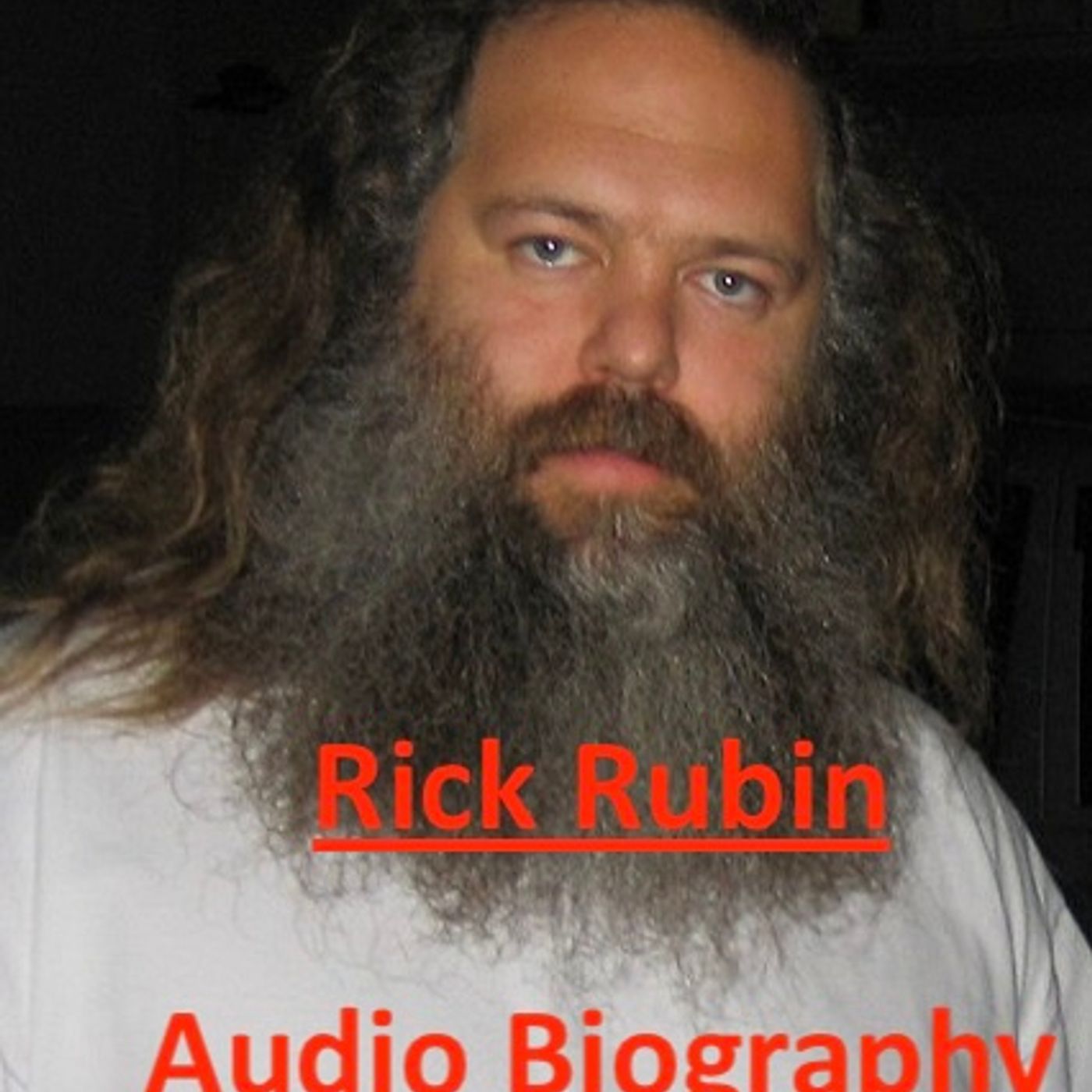Rick Rubin: Vibe Coding Pioneer | Punk Rock of AI Reshapes Music & Tech
Update: 2025-08-30
Description
Rick Rubin BioSnap a weekly updated Biography.
Rick Rubin has been all over the news this week and it’s not for a new album or a classic revival but for a bold push into the evolving world of artificial intelligence. According to Time magazine, Rubin has just been named one of the 100 Most Influential People in AI for 2025. This marks a major pivot in Rubin’s legendary career. While he’s been the silent force behind iconic records from Run-DMC to Johnny Cash and the Red Hot Chili Peppers, now he’s championing a new era called vibe coding—a movement encouraging non-programmers to guide AI using plain language. In a headline-grabbing move, Rubin published a treatise on vibe coding this May in partnership with AI startup Anthropic. The text, inspired by Lao Tzu’s ancient Taoist philosophy, was co-authored using Anthropic’s AI model Claude. On a recent podcast, Rubin described vibe coding as the “punk rock of coding,” drawing direct comparisons to the punk music explosion—anyone with ideas and attitude could shape the future, not just the technically trained. This concept is sparking intrigue but has yet to demonstrate transformative potential; Time notes that a recent METR study found AI-assisted code sometimes slows down developers rather than speeding them up.
Despite the buzz, Rubin’s treatise is said to mix deliberate silliness with deeper philosophical points, embodying his signature approach of breaking tradition to open new creative doors. Social media is lit up, with Twitter and Instagram sharing clips of Rubin’s podcast musings on democratizing coding and recirculating memes based on his Tao Te Ching-inspired quotes. Music journalists and tech insiders are speculating on how far Rubin will push this narrative, but currently, most major outlets agree his biggest impact is cultural—not technical—framing him more as a muse for programmers than a coder himself. There are no confirmed announcements on music production or any major business activities in the music industry this week, with sites like Consequence and Variety focusing on other artists and genres. Rick Rubin’s public activity, for now, is cemented in shaping the dialogue around AI and creativity, opening a chapter with potential to influence yet another generation, even if it’s not with a Stratocaster or a soundboard but a new kind of flow state.
Get the best deals https://amzn.to/3ODvOta
This content was created in partnership and with the help of Artificial Intelligence AI
Rick Rubin has been all over the news this week and it’s not for a new album or a classic revival but for a bold push into the evolving world of artificial intelligence. According to Time magazine, Rubin has just been named one of the 100 Most Influential People in AI for 2025. This marks a major pivot in Rubin’s legendary career. While he’s been the silent force behind iconic records from Run-DMC to Johnny Cash and the Red Hot Chili Peppers, now he’s championing a new era called vibe coding—a movement encouraging non-programmers to guide AI using plain language. In a headline-grabbing move, Rubin published a treatise on vibe coding this May in partnership with AI startup Anthropic. The text, inspired by Lao Tzu’s ancient Taoist philosophy, was co-authored using Anthropic’s AI model Claude. On a recent podcast, Rubin described vibe coding as the “punk rock of coding,” drawing direct comparisons to the punk music explosion—anyone with ideas and attitude could shape the future, not just the technically trained. This concept is sparking intrigue but has yet to demonstrate transformative potential; Time notes that a recent METR study found AI-assisted code sometimes slows down developers rather than speeding them up.
Despite the buzz, Rubin’s treatise is said to mix deliberate silliness with deeper philosophical points, embodying his signature approach of breaking tradition to open new creative doors. Social media is lit up, with Twitter and Instagram sharing clips of Rubin’s podcast musings on democratizing coding and recirculating memes based on his Tao Te Ching-inspired quotes. Music journalists and tech insiders are speculating on how far Rubin will push this narrative, but currently, most major outlets agree his biggest impact is cultural—not technical—framing him more as a muse for programmers than a coder himself. There are no confirmed announcements on music production or any major business activities in the music industry this week, with sites like Consequence and Variety focusing on other artists and genres. Rick Rubin’s public activity, for now, is cemented in shaping the dialogue around AI and creativity, opening a chapter with potential to influence yet another generation, even if it’s not with a Stratocaster or a soundboard but a new kind of flow state.
Get the best deals https://amzn.to/3ODvOta
This content was created in partnership and with the help of Artificial Intelligence AI
Comments
In Channel





